Legal Innovators UK 3.0 – Conference Review
10-11 November 2022: The Lab’s research team visited London to attend this year’s Legal Innovators: Legal Innovators UK 3.0. Being one of the most popular LegalTech events in the UK, Legal Innovators has been created by Artificial Lawyer and organised by Cosmonauts for the past three years in London, UK and in California, US. According to Richard Tromans, the founder of Artificial Lawyer, ‘Legal Innovators is …. more than just a conference, it’s an expression of a wider movement taking shape across the legal market’.
In this event, which is all about change and innovation, legal professionals from all around the world came together to listen to how representatives from big law firms as well as in-house counsels have adapted to this rapidly changing LegalTech landscape. At the same time, start-ups and LegalTech vendors also seized the opportunity to meet and connect with lawyers and legal professionals. With a number of exciting panel discussions and lots of food and networking, we were ready for a great experience over the following days.
Day one of the conference kicked off with a thought-provoking analogy, by Zach Abramowitz (founder of Killer Whale Strategies), between killer whales and the legal industry. Killer whales adopt new tactics in order to become better hunters, is the legal industry staying ahead of the technological revolution? Or is it the seal that gets eaten by the whale (technology)? This analogy set the tone for the day. The panels discussed the problems of LegalTech adoption by addressing the juxtaposition of the rigidity of legal practice on the one hand and the elasticity of technology on the other.
Even though technology reduces the time a lawyer takes to complete a task, the billable hour model hinders law firms in adopting LegalTech owing to difficulties in billing clients. Additionally, one would think that LegalTech would allow a better work-life balance but again, due to this model, more time just frees up for lawyers to take up additional tasks.
Delving into some deeper issues, a majority of the lawyers fear that their value will get diminished by automation due to the standardisation of documents. Additionally, due to the unfamiliarity with the use of some technology, lawyers find it difficult to put trust in it. The only time LegalTech is therefore effectively adopted is when a lawyer is in dire need, like during the pandemic or maybe to save someone’s Christmas (based on a true story).
But even with all of these challenges, law firms are driving innovation with collaboration, leadership, and training. Collaborating with different departments will solve some of the structural issues like the billable hour model and make LegalTech adoption feel naturally integrated with the firm's culture. Better leadership skills induce a change in the lawyers’ attitude toward technology and create less apprehension for automation by letting standardisation take effect. Also, by equipping lawyers to better handle technology, they can look at LegalTech as a helping hand rather than an additional burdensome task.
Day two was given an in-house focus, with the first half of the day aimed at what are often in-house counsel’s biggest concern, contracts. The prevailing theme throughout the morning will come as no real surprise, the importance of data stored within contracts. As EY’s Chris Pine set out during his presentation, the legal industry is data rich and the ‘contract data mountain’ continues to grow. The importance of extracting data from contracts was emphasised by Adobe’s Jonathan Gaw during a panel discussion on contract lifecycle management (CLM), where he stated that the perfect CLM system would be one where the relevant data is extracted from the contract and the contract itself should not have to be reviewed again.
A key theme throughout the latter half of the day was related to the purpose of extracting data from contracts which, as with most data extraction exercises, is to provide valuable insights to the business, such as risk management, timeline estimation and workflow management. The intention of these insights is to allow in-house legal teams to move away from being cost centres of the company and into value adding arms of the business.
These were just a few of the many interesting discussions that took place throughout the conference. There are a lot of exciting developments happening in the LegalTech sector and if you would like to learn more, please follow the links below:
If you would like to keep up to date with what we get up to in the Legal Innovation Lab Wales (LILW), make sure to follow us on social media on Twitter and LinkedIn and keep an eye on our website.

